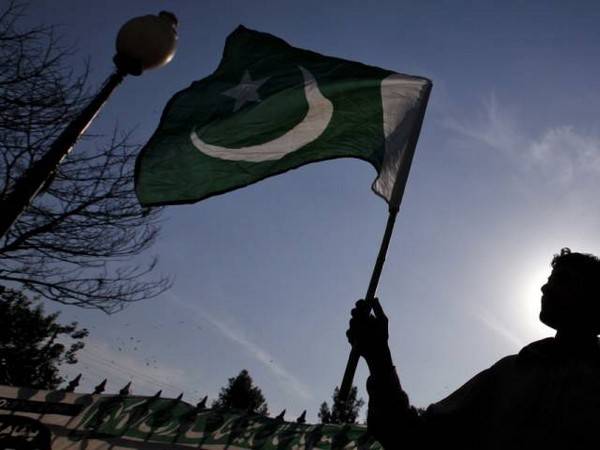Economy is no priority for squabbling political class of Pakistan. With the urgency over IMF threat passed for now, the political leadership and other institutions of the country look oblivious to a looming economic crisis of mammoth scale. Major financial indicators are pointing towards stress across segments including manufacturing, services and exports. However, for unconcerned leaders engrossed in political slugfest, the economy does not appear to be a priority… writes Dr Sakariya Kareem
The recent onset of the caretaker government in Pakistan to ensure fair and smooth elections could not quell the political squabbles in the country. With the judiciary and military actively contributing to the ongoing tussle among political opponents, the situation is expected to remain volatile until elections. With a schedule of elections still uncertain, political analysts expect the recent controversy over the enactment of two bills empowering the military and security establishment to turn into the next big crisis. Meanwhile, amidst the deafening political noise, no side seems to be noticing the frail cries of a faltering economy.
With the urgency over the IMF threat passed, for now, the political leadership and other institutions of the country look oblivious to a looming economic crisis of mammoth scale. Major financial indicators are pointing towards stress across segments including manufacturing, services and exports. However, for unconcerned leaders engrossed in political slugfest, the economy does not appear to be a priority. The devastating floods of 2022 combined with supply shock, forex shortages and crippling import restrictions have dealt a long-term blow to the economic growth of the country.
According to the Pakistan Bureau of Statistics, all three main components of the economy i.e. agriculture, manufacturing, and construction have seen a contraction in FY 2022-23. During the year, the major crop sub-sector witnessed a decline in output of 3.2% while the large-scale manufacturing suffered a contraction of around 10%. Moreover, the value of construction activity decreased by almost 6%. Similarly, the wholesale and retail trade sector which is the mainstay for the self-employed in the country underwent a decline of 4.5%.

The state of other fiscal indicators is not calming either. With the inflation staying close to 30 per cent for most of the past year, consumers remained praying for a respite. The latest round of hike in petroleum prices is feared to add fuel to the fire due to its spiralling nature. Meanwhile, the decline in labour demand coupled with runaway inflation is leading to a fall in real wages for all kinds of workers. According to the State Bank of Pakistan (SBP)’s data, the total debt position of Pakistan is likely to emerge as the prime challenge for the next government. At the end of FY 2023-23, the total debt and liabilities of the country were towering at PKR 77 trillion after registering a growth of around 29 % during the year.
Apparently, the external position of the Pak economy is yet to recover from the COVID-induced shocks. The remittances received from Pak workers in various countries is a foremost support for several households here. However, a weakening pattern in the crucial inflows indicated by the latest SBP data reveals strain developing in the budgets of many households. Managing to cloak a total of just $27 billion during FY 2022-23, the remittances witnessed a significant decline of 13.5 % from $31.2 billion seen at the end of FY 2021-22. The story is not different in the case of FDI inflows into the country. According to SBP, the fiscal year gone by saw a huge decline in net FDI from $1.94 trillion to $1.46 trillion. Close to a quarter downfall in the volume of net FDI for a developing country looking to expand its infrastructure and economy underscores the misdirection in policy making.
The consistent deterioration in fiscal parameters indicates the accumulation of stress in the Pak economy for the coming many years. Considering the stagnation seen in incoming investments during the past few years, Islamabad needs to work out internal solutions to fix the issues. Redressing these problems would invariably involve fiscal discipline and deep-rooted reforms in the way various institutions and economic participants function. Simultaneous handling of a difficult fiscal situation and a vulnerable external sector requires structural transformation for which political manoeuvring would have to cede space to policy making. Moreover, it would warrant a shift in the focus of the government and other institutions of power from the promotion of corruption, extremism, terrorism and religious hatred.














